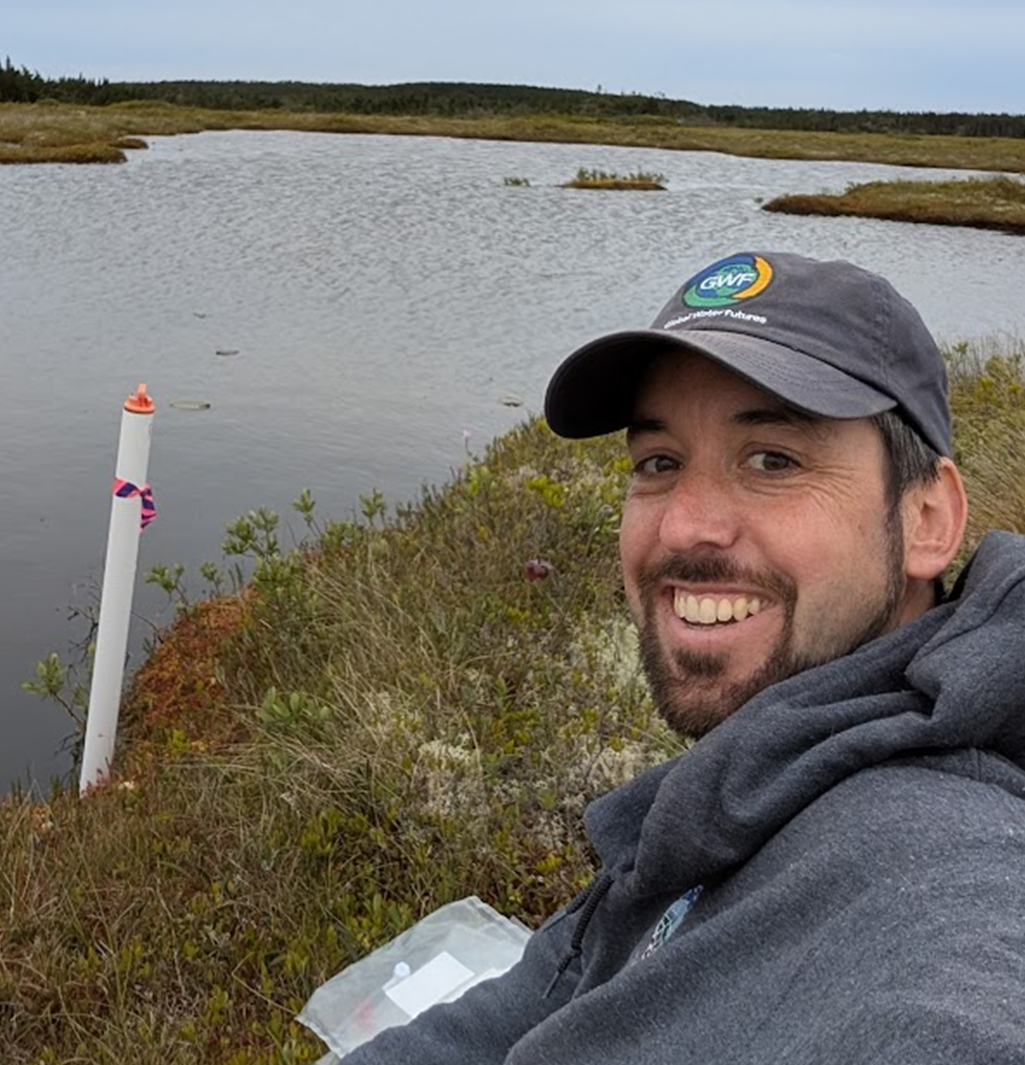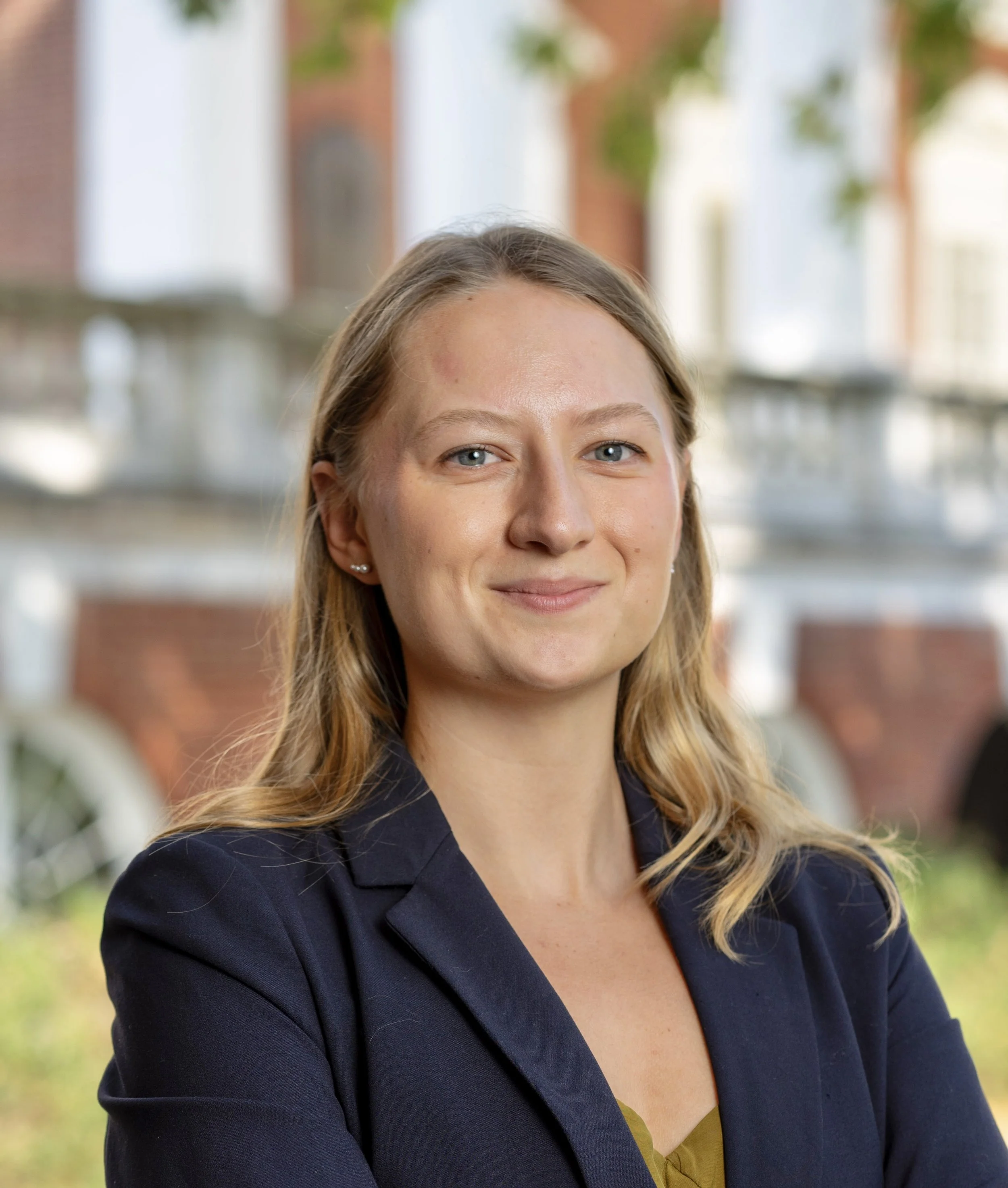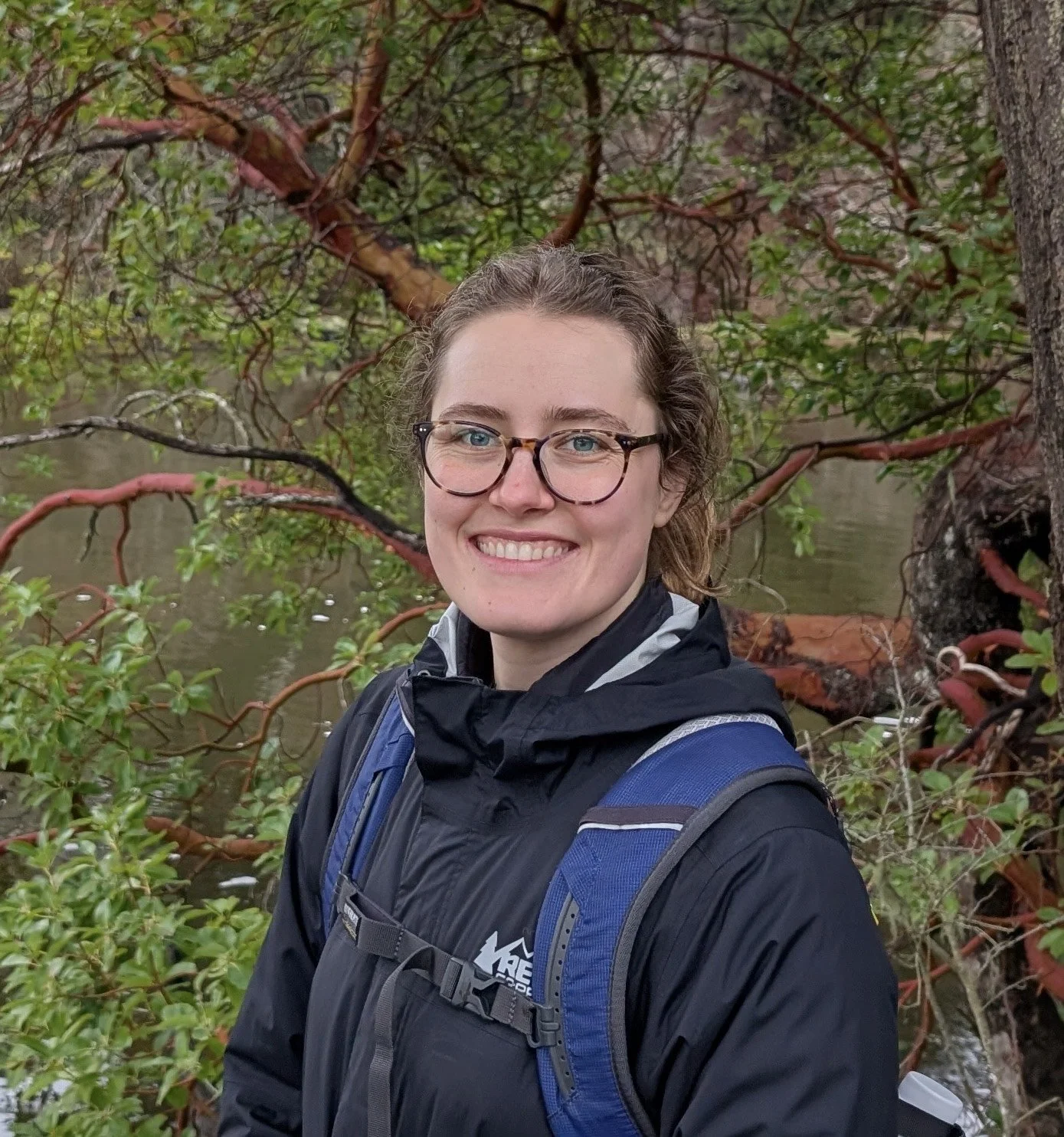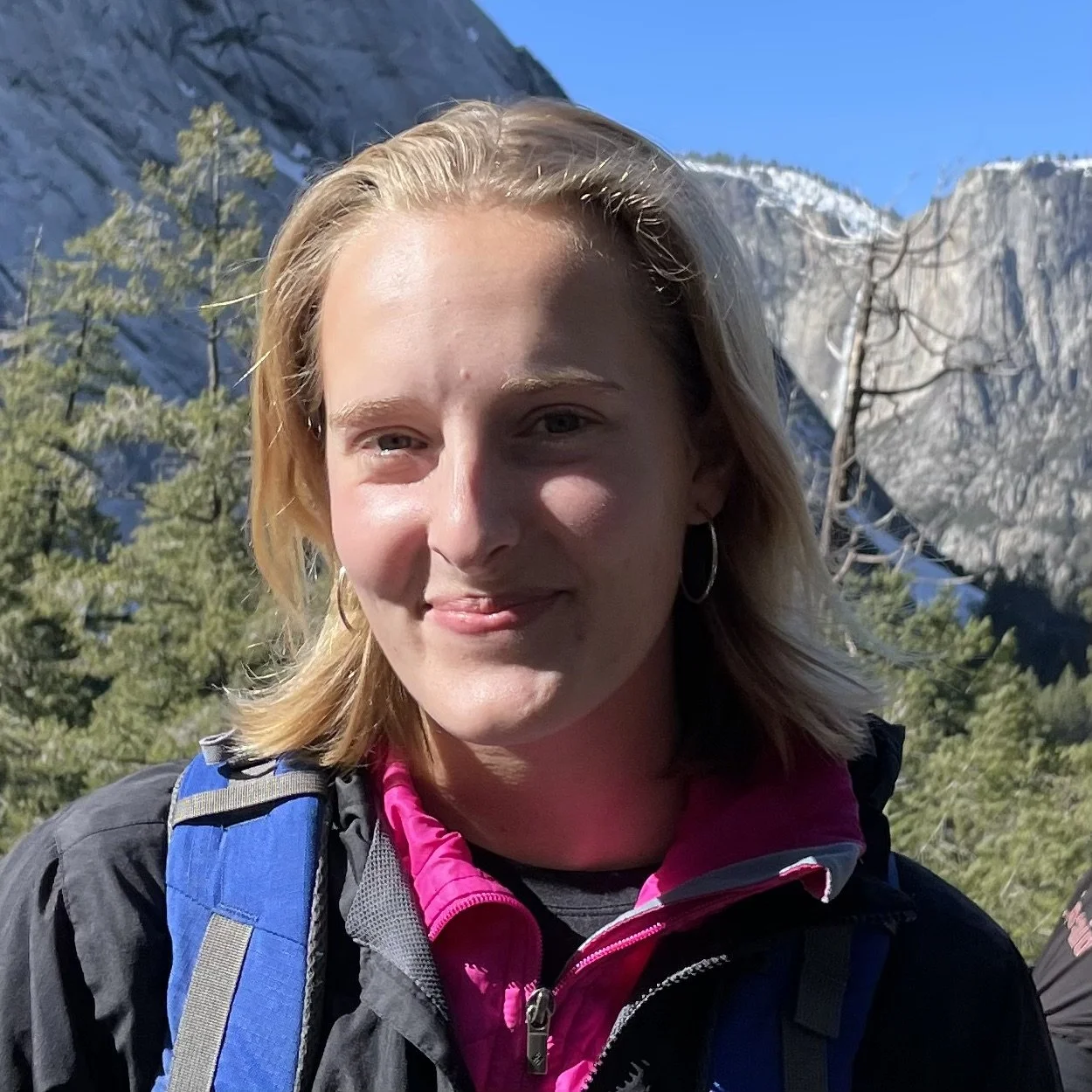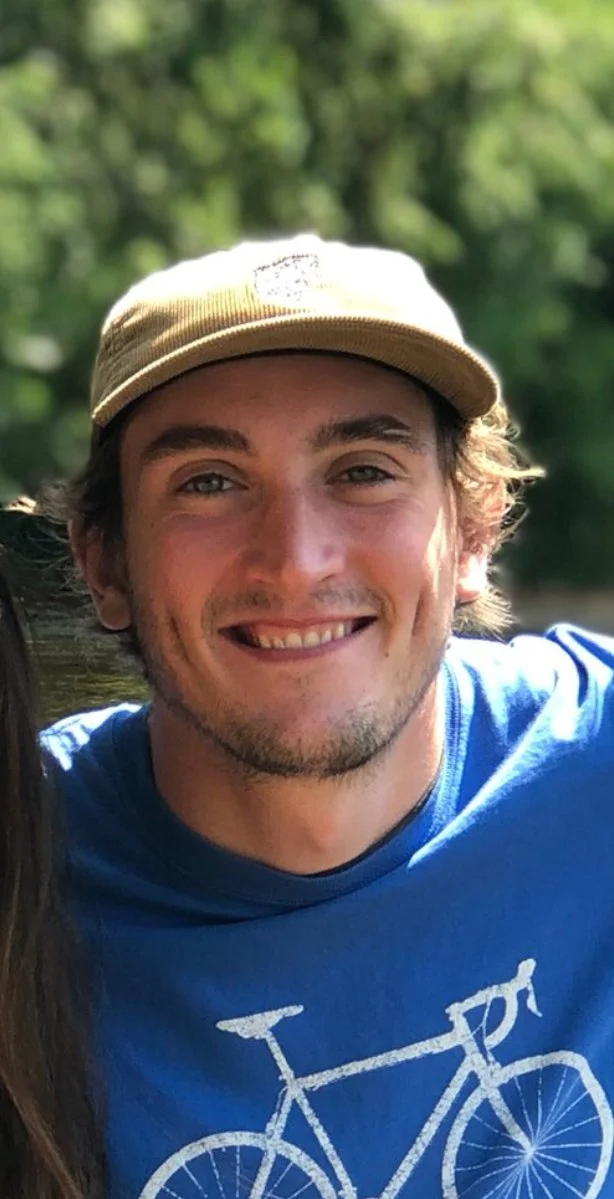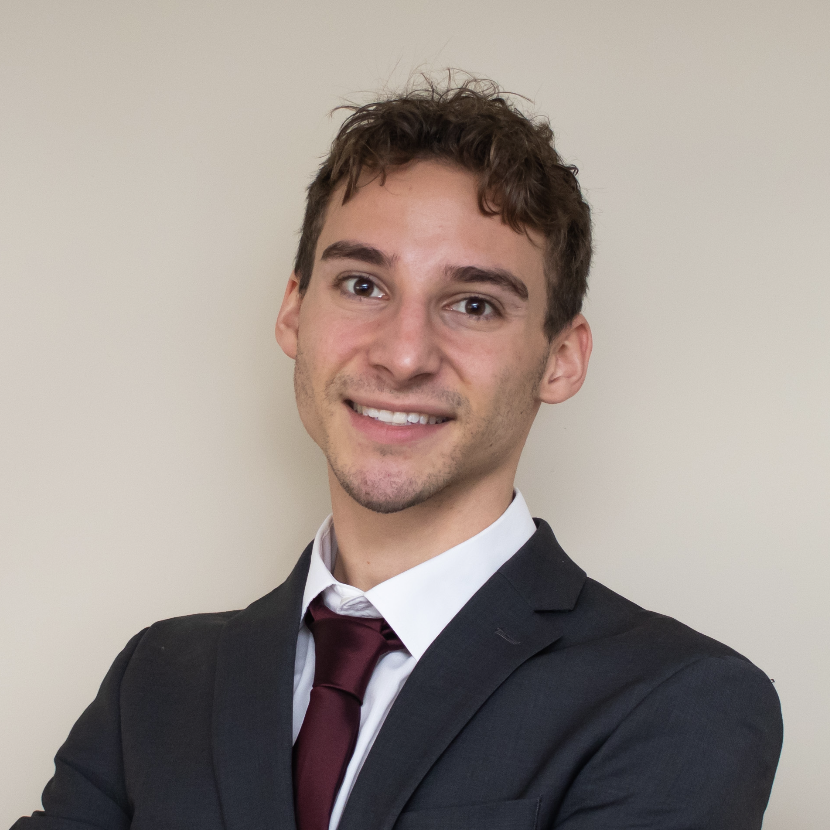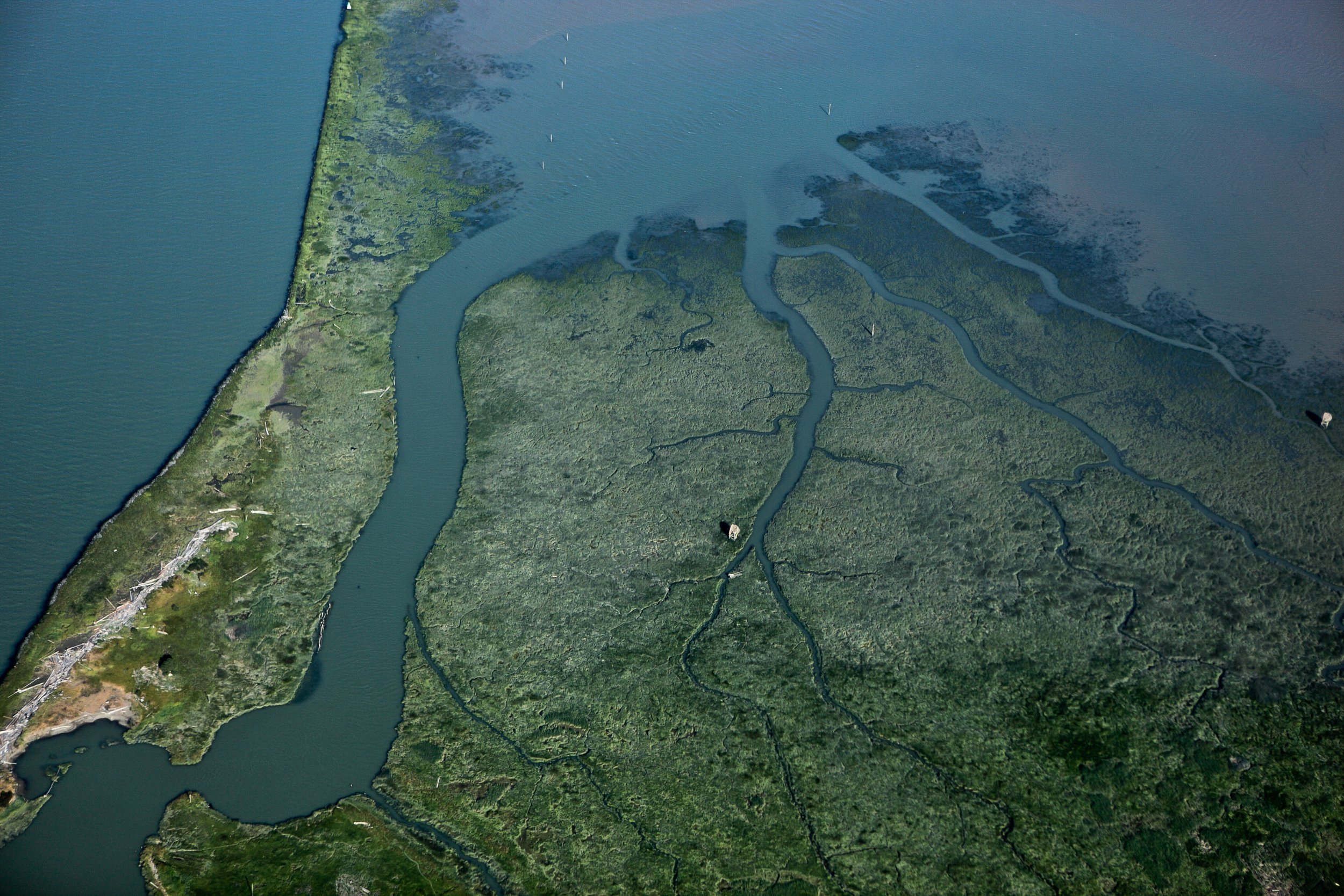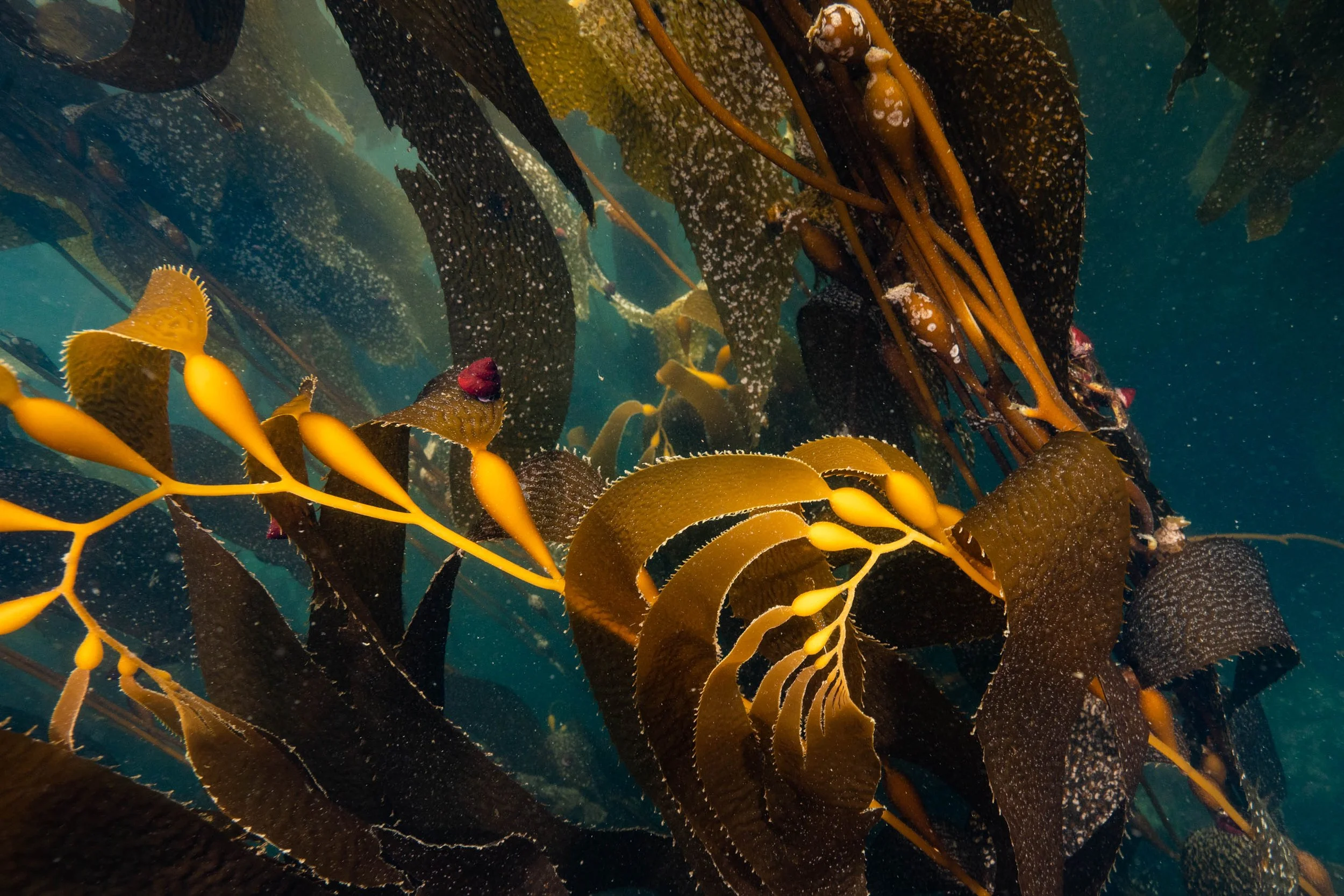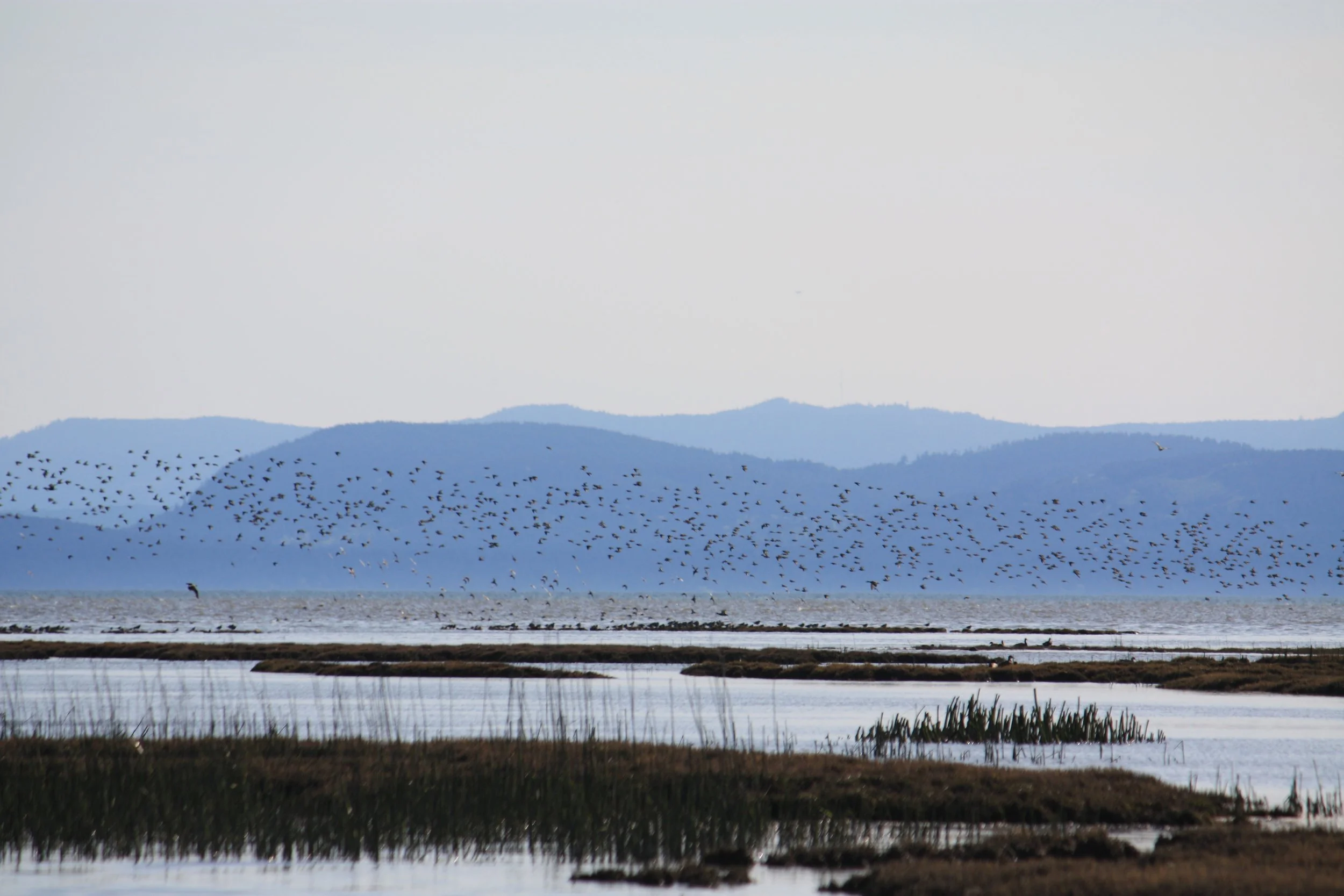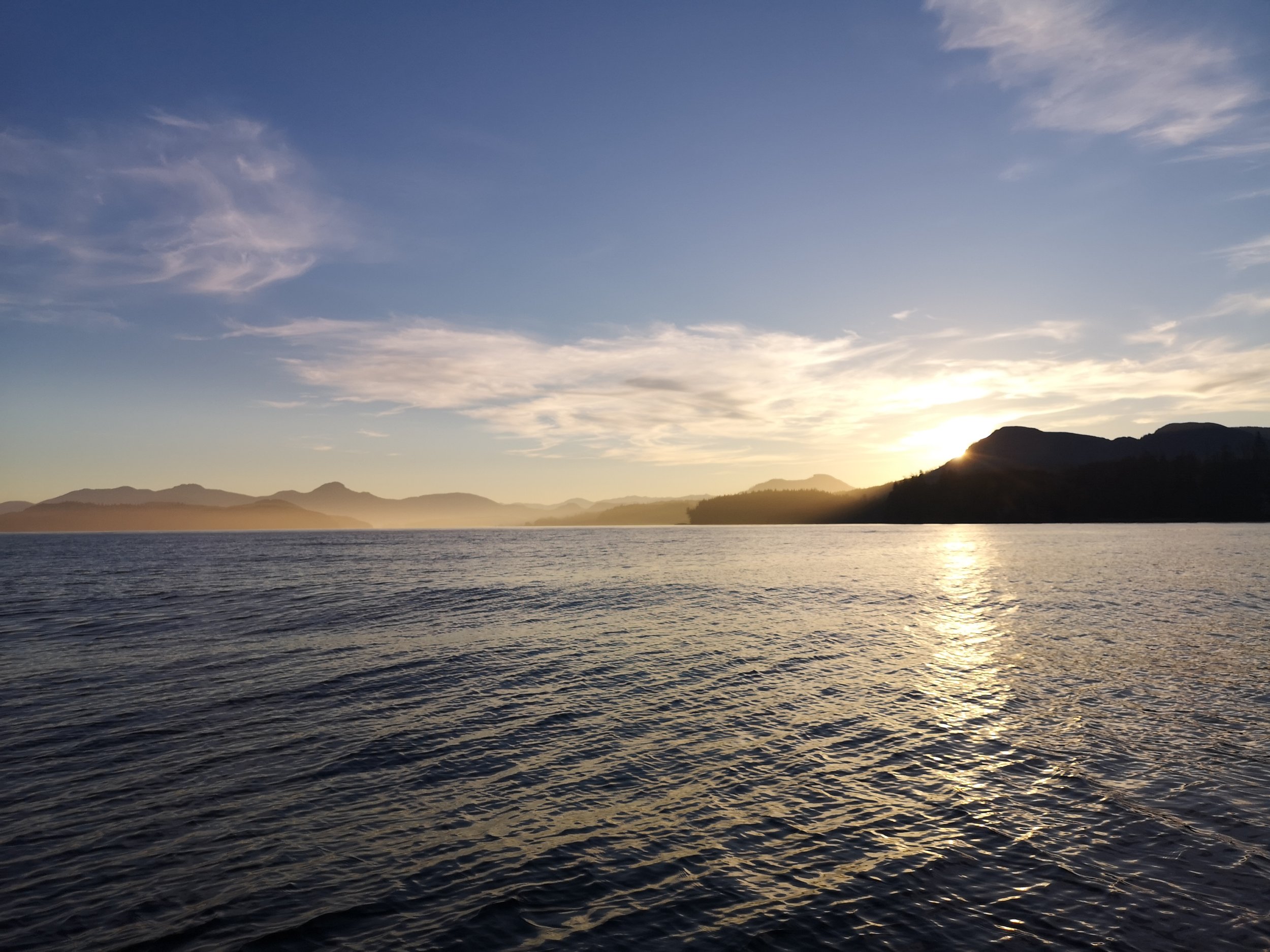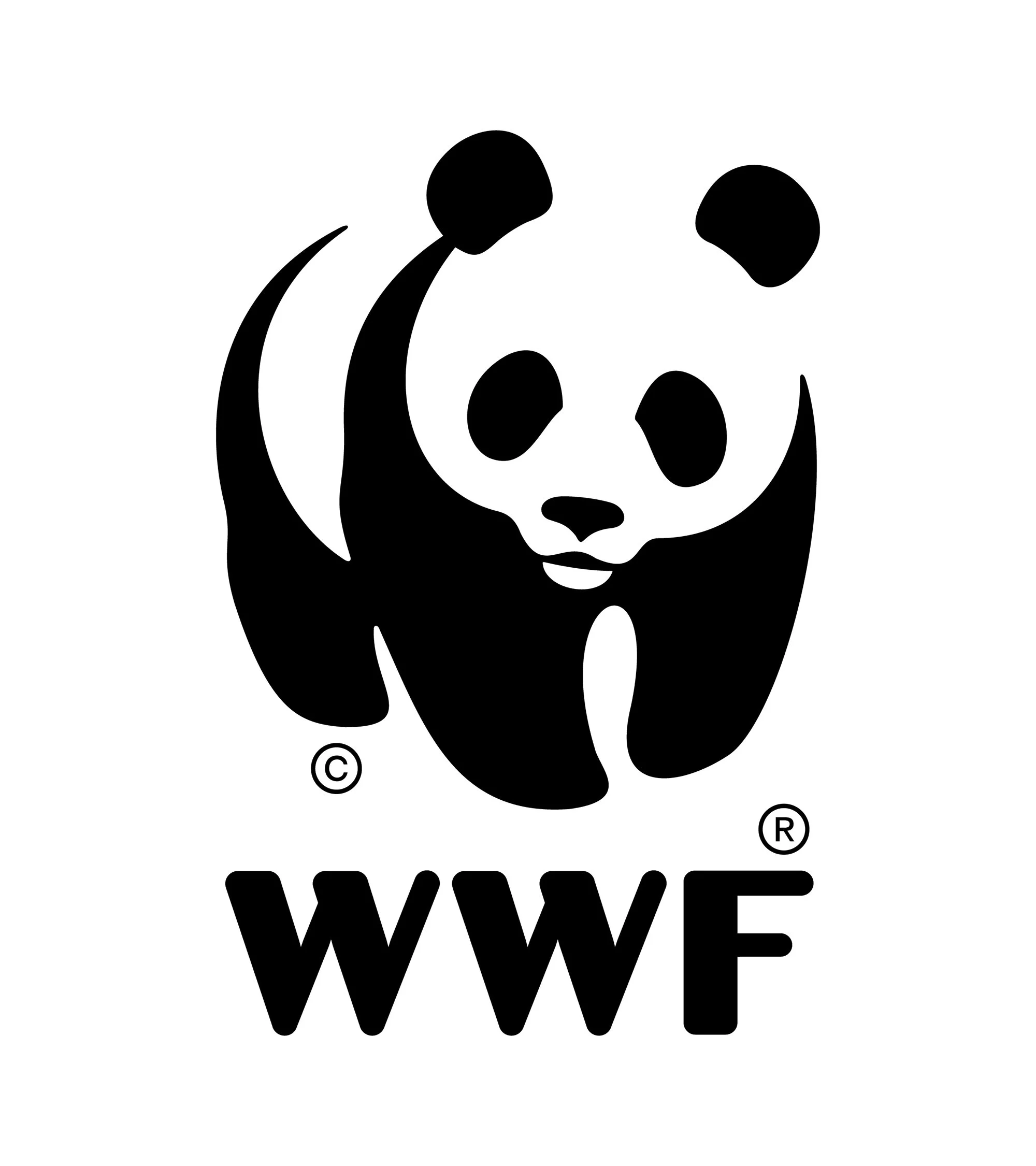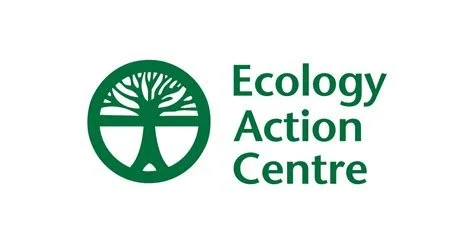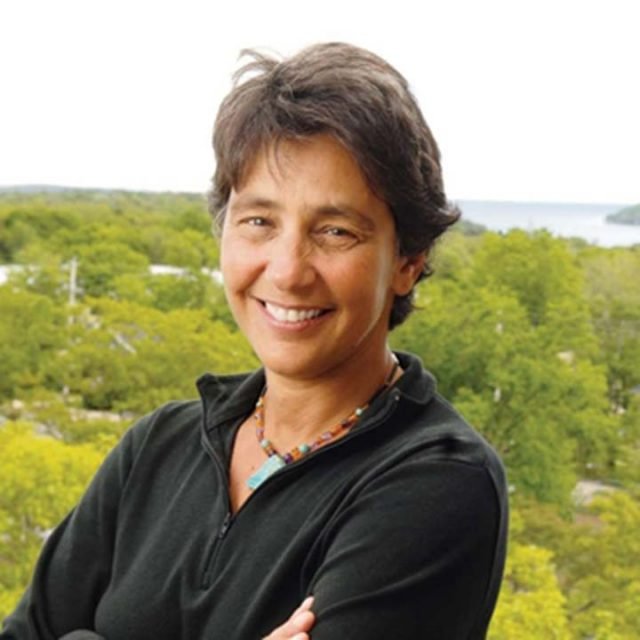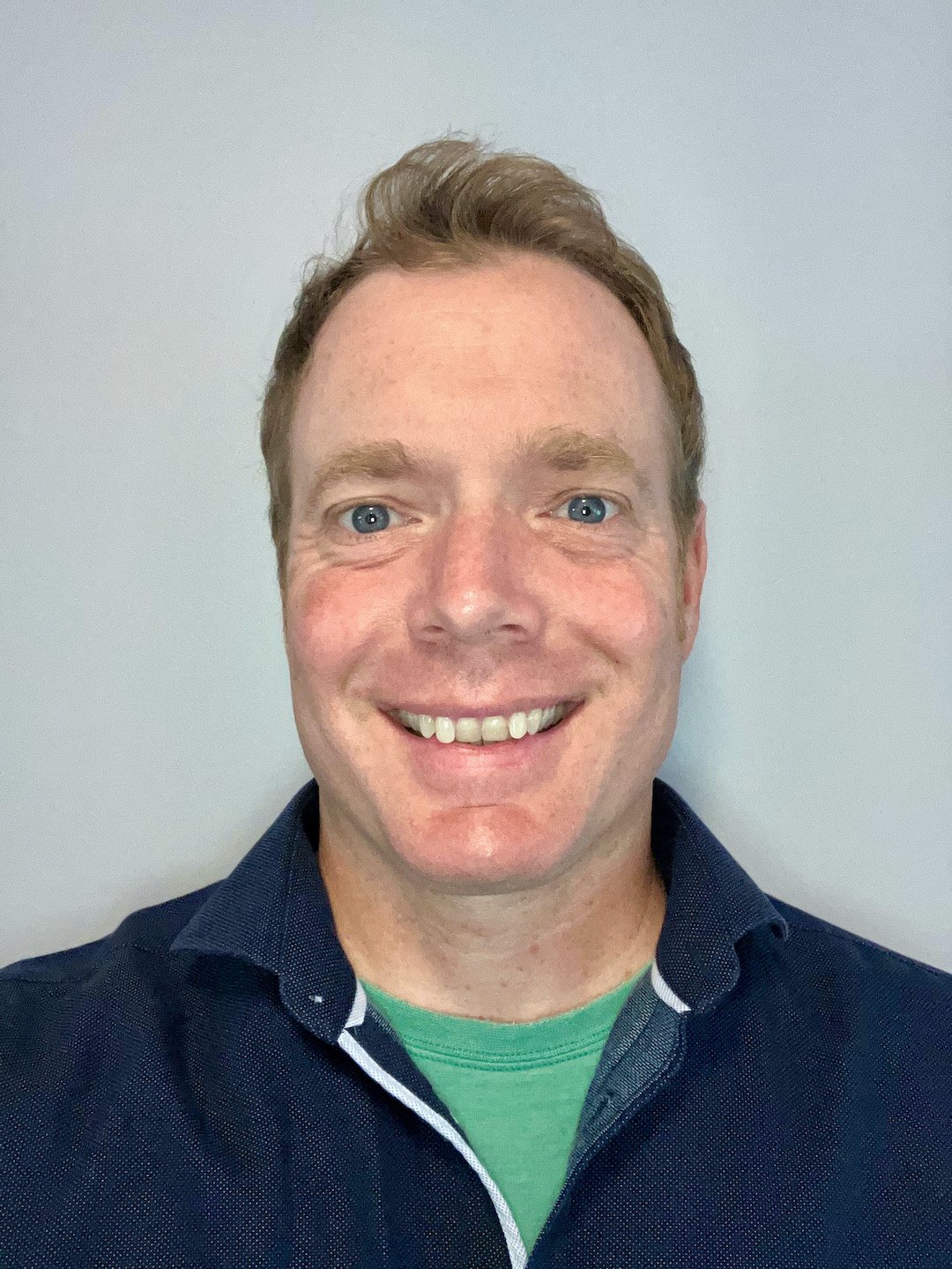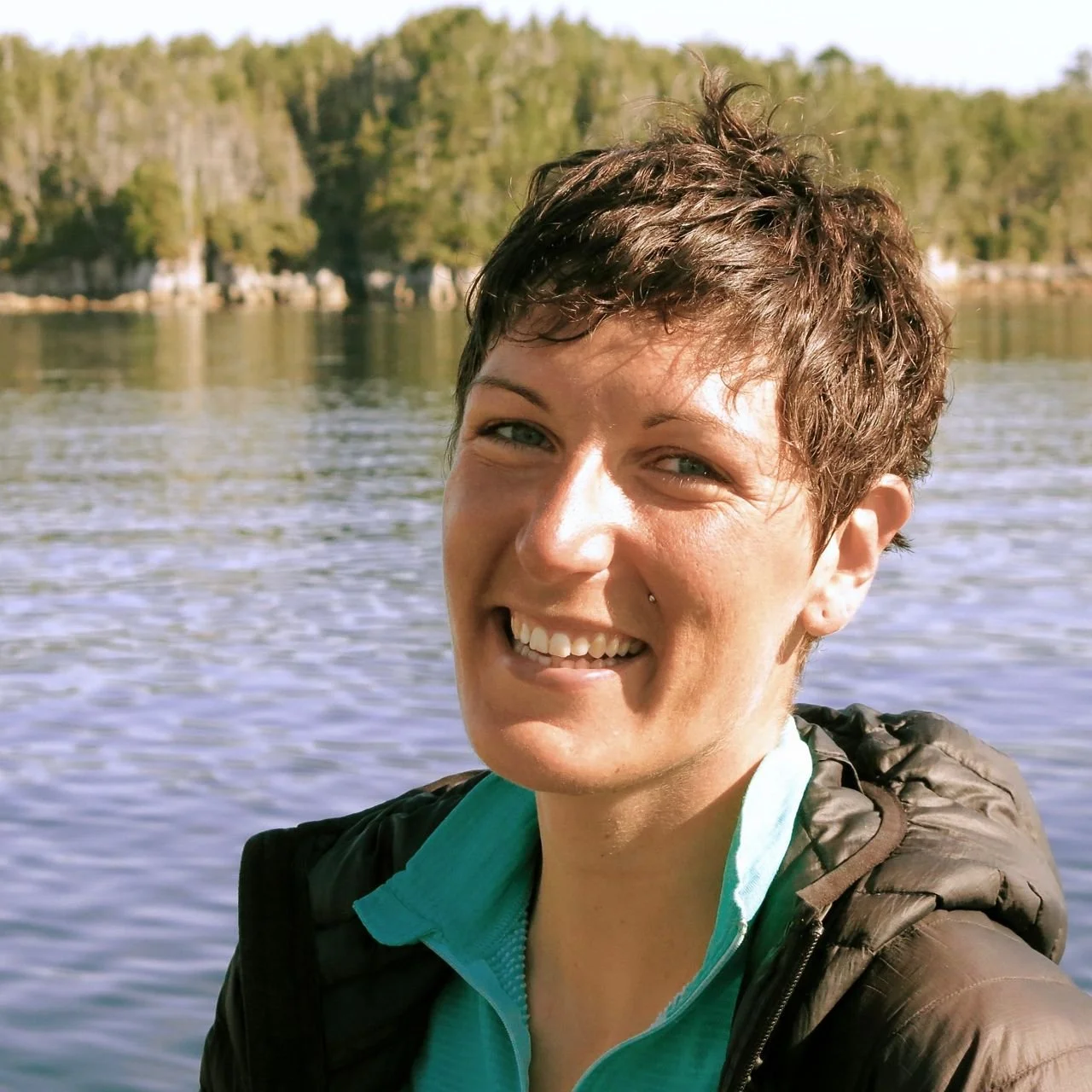The Team
The scientific direction of the program is provided by Julia Baum. Phase 1 (2022-2026) was also advised by three co-principal investigators and seventeen collaborators from across a consortium of eight universities, three government agencies, and four eNGOs. Phase 2 (2025-2028) brought on two new co-principal investigators, 6 new collaborators and 3 new universities and eNGOs. WWF-Canada is the main partner for phase 2.
Below are the people who are contributing to this national natural ocean climate solutions research effort.
Academic Investigators
Dr. Julia K. Baum - PI
Professor
Dept. of Biology
University of Victoria
Phase 1 & 2
Dr. Mary O’Connor - Co-PI
Professor
Dept. of Zoology
Biodiversity Research Centre
University of British Columbia
Phase 1 & 2
Dr. Sara Knox- Co-PI
Assistant Professor
Dept. of Geography
McGill University
Phase 1 & 2
Dr. Tara Martin- Co-PI
Professor
Liber Ero Chair in Conservation
Dept. of Forest & Conservation Sciences
University of British Columbia
Phase 2
Dr. Graham Clark- Co-PI
Assistant Professor
Dept. of Earth and Environmental Sciences
St. Francis Xavier University
Phase 2
Dr. Phil Archambault- Co-PI
Professor
Dépt. de Biologie
University Laval (Québec)
Co-Scientific Director of ArcticNet
Phase 1
Post-Doctoral Fellows, Students, and Research Techs
Dr. Jennifer McHenry
Senior Research Fellow (UVic)
Phase 1 & 2
-
Jennifer (she/her) joined the project as our Ocean Climate Solutions postdoctoral fellow in 2022. Her postdoctoral research examines the potential for blue carbon ecosystems (BCEs) in Canada, including eelgrasses, tidal marshes, and potentially kelp forests, to provide ocean climate solutions, recognizing that BCEs are facing substantial redistribution and decline due to climate change. Collaborating with project team members and seaweed experts across Canada, she is conducting a rapid first assessment of the carbon sequestration capacity of Canada’s expansive kelp forests. She is also overseeing and coordinating the habitat distribution modeling and data collation efforts for eelgrasses and salt marshes, working towards a national assessment of the current and future climate change mitigation capacity of Canada’s BCEs. Previously, Jennifer earned a dual MSc degree in Marine Biology and Marine Policy from the University of Maine, followed by a PhD in Geography from Florida State University in 2022. Her broader research seeks to understand the spatial ecology and climate change vulnerability of nearshore ecosystems and the role that marine conservation and restoration can play in securing sustainable outcomes for nature and people.
Dr. Miao Li
Post-Doc Fellow (UVic)
Phase 2
-
Miao joined the project in Fall 2025 as a Postdoctoral Fellow. As part of the Blue Carbon Canada project, she is working collaboratively with the collegial national research team to map and quantify the overlap between Canada’s blue carbon ecosystems (BCEs) and both current and proposed protected areas. She is also assessing current and future anthropogenic threats and drawing on projections of BCE distributions and related threats to evaluate how these ecosystems might change without targeted management interventions.
Prior to joining, Miao earned her bachelor’s degree in Geo-information Science and Technology from Ocean University of China in 2020 and completed her PhD in Ecology at Tsinghua University in 2025. During her doctoral studies, she spent one year as a visiting scholar in the Global Coastal Wetlands Lab at the University of Cambridge.
Her research interests center on coastal ecosystems, with particular emphasis on their global spatiotemporal dynamics, responses to natural and anthropogenic influences, and opportunities for ecological restoration. She specializes in integrating field observations, remote sensing, machine learning, and ecological modeling to advance understanding of the dynamic and complex coastal environment, with the aim of supporting a more sustainable coastal future.
Dr. Xiucheng Yang
Post-Doc Fellow (UVic)
Phase 1 & 2
-
Xiucheng joined the lab in 2025 as a Postdoctoral Fellow. As part of the Blue Carbon Canada project, he conducts remote sensing analyses to characterize Canada’s tidal marsh ecosystems. He also synthesizes spatial datasets on the distributions and threats to Canada’s coastal ecosystems, including land use changes and sea level rise, to develop, analyze, and visualize future ecosystem scenarios, with a particular focus on carbon storage. Xiucheng is co-supervised by Profs. M. O’Connor and S. Knox. Prior to this role, Xiucheng was a Postdoctoral Fellow at the GERS Lab at the University of Connecticut, where he developed novel remote sensing algorithms for enhanced monitoring of natural resources and the environment, with a special emphasis on coastal wetland ecosystems. Xiucheng holds a Master of Science in Remote Sensing from Peking University, China, and a PhD in Geoinformation from the University of Strasbourg, France. His research interests center on using remote sensing to observe the Earth’s surface, particularly through dense time series analysis and artificial intelligence techniques. He is deeply interested in understanding how direct human activities and risking climate change have altered the Earth's surface over time, significantly impacting the sustainability, biodiversity, and ecosystems of the planet.
Dr. Kylor Kerns
Post-Doc Fellow (UBC)
Phase 2
-
Kylor Kerns is a marine ecologist working at the intersection of coastal ecology, blue carbon, and climate decision-making. As a postdoctoral researcher with Blue Carbon Canada at the University of British Columbia, Kylor synthesizes data on the carbon drawdown capacity of Canada’s blue carbon ecosystems to support national-scale spatial prioritization for nature-based solutions. Her work informs the identification of priority areas for protection and restoration and explores cost-effective strategies that maximize carbon storage, ecosystem services, and economic value across management scenarios.
She earned her PhD from the University of Virginia, where her research focused on how climate change shapes coastal ecosystems. Her current research interests center on data synthesis, spatial analysis, and policy-relevant science to advance scalable and equitable blue carbon–based climate solutions.
Matt Csordas
PhD Candidate (UVic)
Supervised by Dr. Baum
Phase 1
-
Matt completed his Bachelor of Engineering and Biosciences in Chemical and Bioengineering at McMaster University in 2020, during which he developed strong quantitative, statistical, and programming/modeling skills. Matt started in the lab as a NSERC-supported masters student and September 2022 rolled up to a doctoral program supported by a Mitacs Accelerate Internship. His research focuses on the distribution of kelp species and ecosystems, how this is influenced by different abiotic and biotic factors at multiple scales, and how these distributions may change as climate change progresses. During summer 2022, Matt led a Vancouver Island wide field project funded through the BC Parks Living Labs Program collecting benthic video transects within the “kelp zone” using an underwater remote operated vehicle. Data from this field season will be instrumental in developing his kelp species distribution models for BC. Through his thesis Matt will be contributing to the larger Baum lab project focussed on assessing blue carbon ecosystems in Canada.
Maddie Fry
MSc Candidate (UBC)
Supervised by Dr. Tara Martin
Phase 2
-
Maddie Fry (She/Her) is a MSc student at UBC with Tara Martin. She joined the Conservation Decisions Lab at UBC and Blue Carbon Canada in January 2026. She comes to Blue Carbon Canada from Conservation International where she spent the last four years working on blue carbon policy. She completed her bachelor's degree in Political Science at Kenyon College in 2020. Her research is on eelgrass mapping and conservation planning in the Salish Sea.
Maya Green
PhD Candidate (UBC)
Supervised by Dr. O’Connor
Phase 2
-
Maya (she/her) completed her Bachelor’s in Biology with a Notation in Science Communication from Stanford University in 2025. She started her Ph.D. in Zoology at the University of British Columbia with Dr. Mary O’Connor in Fall 2025. Maya’s past research experiences have taken her from Cabuya, Costa Rica to UW’s Friday Harbor Labs to the rocky shores of Monterey, CA, and her scientific interests include eelgrass restoration ecology and macroalgal community ecology. Maya is an avid SCUBA diver and looks forward to obtaining her CAUS certification in the coming year.
Bryce O’Brien
PhD Candidate (UVic)
Supervised by Dr. Baum
Phase 2
-
Bryce O’Brien (he/him) joined Blue Carbon Canada in Fall 2025 as a PhD student in the Baum Lab. His research focuses on the Bay of Fundy, where he conducts valuation and prioritization analyses to inform data-driven conservation strategies. Prior to starting his PhD, Bryce worked for the U.S. National Oceanic and Atmospheric Administration, first as a Geospatial Analyst and later as the Central Atlantic Marine Planning Coordinator. In these roles, Bryce built spatial suitability models to identify offshore wind energy areas that minimize impacts on vulnerable marine wildlife, fishing communities and other ocean user groups. Bryce holds a Bachelor of Science from Bates College (’20) and a Master of Environmental Management from Duke University (’23), where he studied marine ecology and geospatial data analytics. Outside of work, Bryce enjoys surfing, riding his bike, and spending time with his cat, Winnie.
Ashley Park
PhD Student (UBC)
Supervised by Dr. O’Connor
Research Biologist, DFO
Phase 1
-
Ashley earned her Bachelor's degree in Biology/Environmental Studies from the University of Victoria in 2007, followed by a Master's degree in Environmental Studies in 2013. Ashley started pursuing a Ph.D. in Zoology at the University of British Columbia in September 2023. As a researcher on the project Ashley is modelling the distribution of seagrass and wetland ecosystems nationwide and making projections of how these distributions may change in future climates and under different management and development scenarios. Prior to starting her PhD Ashley established herself as a biologist in both the environmental services consulting industry and government. She has lead studies that have included monitoring, mapping, modelling, and restoration of nearshore rocky and soft shore systems. Most recently, working for Fisheries and Oceans Canada, Ashley developed nearshore species distribution models and other innovative tools to support federal oil spill response strategies and marine spatial planning initiatives. Ashley is also an active scientific diver and drone pilot, reveling in collecting data from various scales and perspectives.
Daniel Schermaier
PhD Candidate (McGill)
Supervised by Dr. Sara Knox and Dr. Graham Clark
Phase 2
-
Daniel earned a Bachelor of Chemical Engineering with a minor in Bioengineering from the University of Dayton in 2022, where he developed a strong interest in microbial function and behavior through lab-based research. Inspired to study microbial activity at larger scales and in natural systems, he went on to serve as an Eddy Covariance Tower Technician and MS student at Clemson University’s Baruch Institute of Coastal Ecology and Forest Science. His previous research explored carbon dynamics in a subtropical salt marsh using ecosystem-scale measurements, focusing on how abiotic conditions- such as salinity, temperature, water level, and pH- influence greenhouse gas fluxes and associated biotic responses. As part of Blue Carbon Canada, he is excited to continue studying salt marsh GHG dynamics across Canada and to compare how each site responds to varying environmental controls.
Marcel Velásquez
PhD Candidate (U. Laval)
Supervised by Dr. Archambault & Dr. Filbee-Dexter
Phase 1
-
Marcel is originally from Margarita Island, Venezuela, where he earned a Bachelor’s degree in Marine Biology from Universidad de Oriente in 2012. He also holds an MSc degree in Comparative Biology from Universidade de Sao Paulo and another MSc degree in Biology from Université Laval. Currently, he is a PhD student in Oceanography at Université Laval. Since 2012, he has been actively working on different research projects at different institutions around the world, gaining skills across traditional taxonomy, marine ecology, developmental biology, ecophysiology, and landscape genomics, all of these focused on marine invertebrates. He is also a scientific diver with experience in tropical and polar waters. Currently, as PhD student, his interest is focused on understanding the driving factors (biotic and abiotic) which influence the carbon sequestration potential of Arctic kelps using big data and species distribution modeling algorithms.
Research Technicians
Vanessa Valenti
Research Technician (UBC)
-
Vanessa joined UBC Geography as an MSc student with the Blue Carbon Canada project in 2023. She defended her MSc in the fall of 2025 and is continuing with BCC as a research tech. Vanessa earned a Bachelor’s degree in Geography/Environmental Studies from the University of California, Los Angeles in 2019. Before joining BCC, Vanessa worked as a scientific programmer at the NASA Goddard Space Flight Center, providing visualization and computation support to earth system and atmosphere climate models. Vanessa is broadly interested in modeling land-atmosphere exchanges, estimating carbon storage and projecting responses of wetland ecosystems to climate change.
Max Lefco
Research Technician (UBC)
-
Max joined the team in August of 2025 as a research technician assisting in compiling GIS datasets for east coast salt marsh and eelgrass to be used in mapping the current extent of blue carbon ecosystems. Max completed an undergraduate degree in Environmental and Sustainability Science from Concordia University in Montreal before moving to Vancouver to complete a master’s degree in Geomatics for Environmental Management at the University of British Columbia. During his time at UBC, he collaborated with Campus and Community Planning to complete a LiDAR-based urban forestry mapping project investigating nature-based solutions for climate action. Prior to starting his master’s degree, Max worked for an environmental NGO studying wildlife corridors in Quebec, and contributed to a community-led heatwave vulnerability analysis in Montreal as a GIS technician.
Alumni
Dr. Graham Epstein
Marine Soft Sediment Post-doctoral Fellow
Phase 1
Dr. Julia Velletta
Kelp Halocarbon Post-doctoral Fellow
Phase 1
Current Position: Researcher at Canadian Centre for Climate Modelling and Analysis (CCCma)
Dr. Dipti Hingmire
WRF Post-Doc Fellow
Phase 1
Dr. Ryan Arta
ROMS Post-doctoral Fellow
Phase 1
Lauren Shea
Research Technician
Phase 1
Academic Collaborators
Dr. Karen Filbee-Dexter
DECRA fellow
Un. W. Australia Researcher
Int of Marine Research, Norway
Adjunct Professor, U. Laval
Phase 1 & 2
Dr. Kristina Boerder
Scientific Researcher
Dept. of Biology
Dalhousie University
Phase 2
Dr. Heike Lotze
Distinguished Research Professor
Dept. of Biology
Dalhousie University
Phase 1 & 2
Dr. Mark Johnson
Professor
Dept. Earth, Ocean & Atmospheric Sciences
U. British Columbia
Phase 2
Dr. Zou Zou Kuzyk
Associate Professor
Dept. of Earth Sciences
University of Manitoba
Phase 2
Partners
Dr. Marianne Fish
Blue Carbon Program Lead
World Wildlife Fund - Canada
Phase 2
Dr. Margot Hessing-Lewis
Research Scientist
Hakai Institute
Phase 2
Dr. Susanna Fuller
VP Operations and Projects
Oceans North
Phase 1 & 2
Dr. Fiona Chartrand
Senior Policy Advisor
BCC’s central DFO liaison
Fisheries and Oceans Canada
Phase 2
Marie-Claude LaMarche
National Manager Climate Change Science
Fisheries and Oceans Canada
Phase 1 & 2
Dr. Kira Krumhansl
Aquatic Science Biologist
Fisheries and Oceans Canada
Phase 1 & 2
Dr. Melisa Wong
Research Scientist
Fisheries and Oceans Canada
Phase 1 & 2
Dr. Sophia Johannessen
Research Scientist
Fisheries and Oceans Canada
Phase 2
Dr. Emily Rubidge
Research Scientist
Ecosystem Sciences Division
Fisheries and Oceans Canada
Phase 1 & 2
Dr. Candace Newman
Data Integration Manager
Marine Spatial Planning
Fisheries and Oceans Canada
Phase 1 & 2
Dr. Natalie Austin
Marine Conservation Areas Manager
Parks Canada
Phase 2
Dr. Shannon Arnold
Assoc. Director Marine Programs
Ecology Action Centre
Phase 1 & 2
Thomas Reid
Program Manager
West Coast Conservation Land Management Program, Nature Trust of BC
Phase 1 & 2
Dr. Stephen Ban
Protected Areas Ecologist
(Aquatic/Marine)
BC Parks
Phase 1 & 2
Dr. Jasmin Schuster
Program Director
The Kelp Rescue Initiative (BMSC)
Phase 1 & 2
Former Collaborators and Partners
Dr. Parker MacCready
Professor
Dept. of Oceanography
University of Washington
Academic collaborator
Phase 1
Dr. Anna Metaxas
Professor
D. of Oceanography & Biology
Dalhousie University
Academic collaborator
Phase 1
Dr. Sam Starko
Forrest Research Fellow
School of Biological Sciences
Univ. of Western Australia
Academic collaborator
Phase 1
Dr. Chris Neufeld
Adjunct Professor
UBC-Okanagan
Phase 1
Dr. Jessica Finney
Habitat Mapping Lead
Fisheries and Oceans Canada
Phase 1
Dr. Jordy Thompson
Biologist
Fisheries and Oceans Canada
Phase 1
Dr. Karen Hunter
Head, Climate Response Program
Fisheries and Oceans Canada
Phase 1
Dr. Gisele Magnusson
Senior Economist
Fisheries and Oceans Canada
Phase 1
Dr. Jenn Burt
BC Marine Program Lead
Nature United
Phase 1
Dr. Marlow Pellatt
Ecosystem Scientist
Parks Canada
Phase 1
Dr. Zeba Ali
Manager, Economics, Statistics & Data Governance
Fisheries and Oceans Canada
Phase 1
Credits: Video header (Brian Timmer); Icons (Icons8); Kelp photo (Kevin Bruce)




